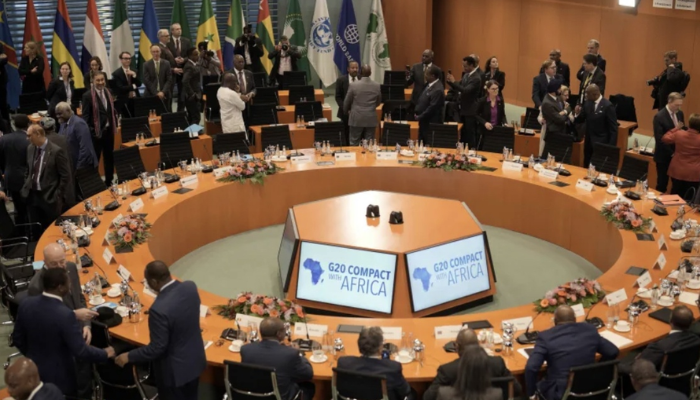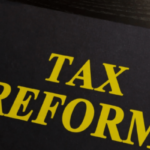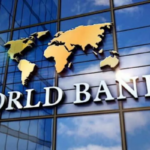Trade between the United Kingdom and Africa is increasing. In February, UK Minister for Trade Policy and Economic Security Douglas Alexander visited South Africa and Botswana to strengthen economic ties.
The UK is working to expand trade and investment across Africa by addressing trade barriers, supporting exports, and funding development initiatives. South Africa, the UK’s largest trading partner in Africa, will assume the G20 Presidency, providing an opportunity for further economic collaboration.
The UK’s engagement with Africa builds on the 2019 Economic Partnership Agreement (EPA) with the Southern African Customs Union member states—Botswana, Eswatini, Lesotho, Namibia, and South Africa—as well as Mozambique. The agreement eliminates tariffs and quotas on goods imported into the UK from these countries, facilitating trade and investment, including in the energy sector.
Read also: Congo seeks new funding as African Development Bank pledges support for $1.5m energy projects
New trade agreement with Nigeria
The UK is expanding its presence in West and North Africa. In February 2024, it signed the Enhanced Trade and Investment Partnership (ETIP) with Nigeria. This agreement, the first of its kind with an African nation, builds on a trade relationship valued at £7 billion in the year leading up to September 2023. The ETIP focuses on financial and legal services, with an emphasis on energy investment.
UK-backed energy investments in Africa
UK-supported companies are increasing their investments in Africa’s energy sector. Globeleq, a UK government-backed independent power producer, is developing gas-powered energy projects across Africa. It is advancing a 153 MW battery energy storage project in South Africa, acquiring a stake in a solar plant in Egypt’s Benban Solar Complex, and securing $99 million in debt financing for Mozambique’s first wind project. British International Investment and Norfund support these projects.
In the oil and gas sector, bp achieved first gas from the Greater Tortue Ahmeyim LNG project offshore Senegal and Mauritania in early 2025. Shell is progressing with its $5 billion Bonga North deepwater project in Nigeria and has committed to covering operational costs for the buyer of South Africa’s Sapref refinery. Harbour Energy, one of the UK’s largest independent oil and gas companies, is expanding into Africa, acquiring concessions in Egypt’s Nile Delta and the Mediterranean Sea.
Read also: Ecobank expands $200m gender-financing programme to support women entrepreneurs in Africa
Investment in clean energy and electrification
The UK is a major investor in Africa’s clean energy sector. It is a key partner in the Mission 300 initiative, which aims to expand electricity access to 300 million people by 2030. In February 2025, British International Investment (BII) committed £5.3 million to UK cleantech firm MOPO to expand battery rental operations in the Democratic Republic of the Congo, where over 80% of the population lacks electricity.
In December 2024, BII and GuarantCo announced a $500 million renewable power deal with South Africa’s Etana Energy. The agreement includes $100 million in guarantees to support South Africa’s largest energy wheeling framework and enable new projects. The UK government also provides funding and technical support for energy infrastructure projects across Africa, aiming to improve energy access, support economic growth, and enhance quality of life.
Read also: Ecobank expands $200m gender-financing programme to support women entrepreneurs in Africa
UK’s role in the G20 and African energy week 2025
As a G20 member, the UK is shaping global energy investment strategies, with Africa positioned as a key partner. UK investments in oil, gas, and renewables align with G20 goals of energy security and sustainability.
African Energy Week: Invest in African Energies 2025 will bring global stakeholders together to discuss Africa’s energy future. “These initiatives not only strengthen the UK’s economic ties with Africa, but also support the continent’s transition to cleaner, more reliable energy.
With African Energy Week: Invest in African Energies 2025 set to convene global stakeholders, the UK’s role in advancing energy partnerships will be in focus, offering a platform to drive further investment, policy collaboration, and infrastructure development across Africa’s energy landscape,” says Johnson Kayode Obembe, Director of Sales and Partnerships, African Energy Week.









